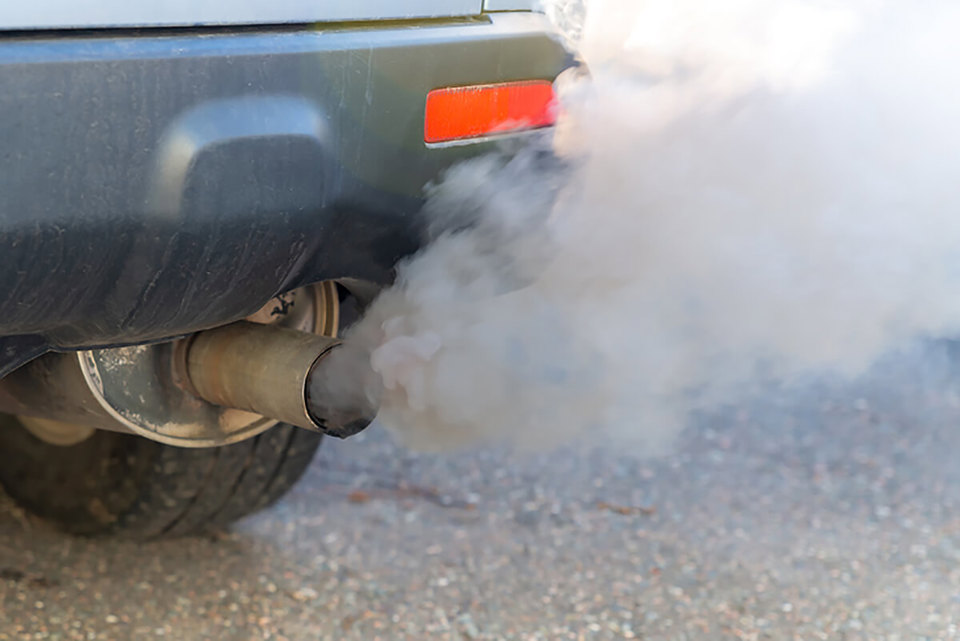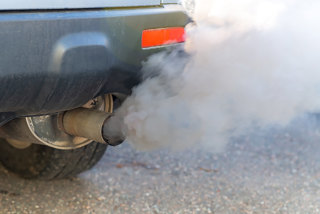Vehicle manufacturers may have to meet tougher than expected CO2 targets for cars and vans after a European Parliament vote this week.
MEPs on its environment committee backed a 45% cut in CO2 emissions compared to 2021 levels by 2030, much more than the 30% reduction proposed by the European Commission.
The committee also supported a cut of 20% by 2025, while the EC wanted a 15% reduction by that year.
The vote was not welcomed by the automotive industry. Erik Jonnaert, secretary general of the European Automobile Manufacturers’ Association (ACEA), said: “We are very concerned by the direction taken by the Environment Committee.
“The extremely stringent reduction levels adopted are totally unrealistic, as they would require a massive and sudden shift to electromobility.
“The framework conditions for such a seismic shift are clearly not in place, and consumers are just not ready to go fully electric at this stage.”
He added: “Let me be clear: we are fully committed to moving towards zero-emissions mobility. But this transition must be made at a pace that is manageable.
“This is vital not only for our industry and its workers, but also for consumers – who are meant to actually buy these vehicles – and for member states, who will have a huge job to ensure that the network of recharging infrastructure is sufficient.”
MEPs also agreed on higher targets for the share of low- and zero-emission vehicles in manufacturer’s new car sales.
Carmakers would have to meet a 20% share of cleaner vehicles in 2025 and 40% in 2030. The Commission proposed 15% and 30%, respectively.
The committee also approved a provision under which carmakers missing those targets would be penalised, while those exceeding the clean car goals would be rewarded with carbon credits. The EC proposed an incentive scheme.
While these are European regulations, the UK Government this week announced they are still likely to apply to the UK even if it leaves the European Union without agreement (a no deal scenario)
As part of its wider announcement on what would happen in a no deal scenario, the relevant EU regulations would be brought into UK legislation. The UK would no longer report its new vehicle registrations to the European Environment Agency.
Manufacturers would be set UK-specific targets which will aim to keep pace with EU targets, on the basis of their UK vehicle registrations only.
Compliance would be monitored and enforced by the Secretary of State for Transport. The Department for Transport will notify manufacturers of the final data and issue any ‘excess emissions premiums’ that are applicable at the same rate as currently issued.





















Login to comment
Comments
No comments have been made yet.